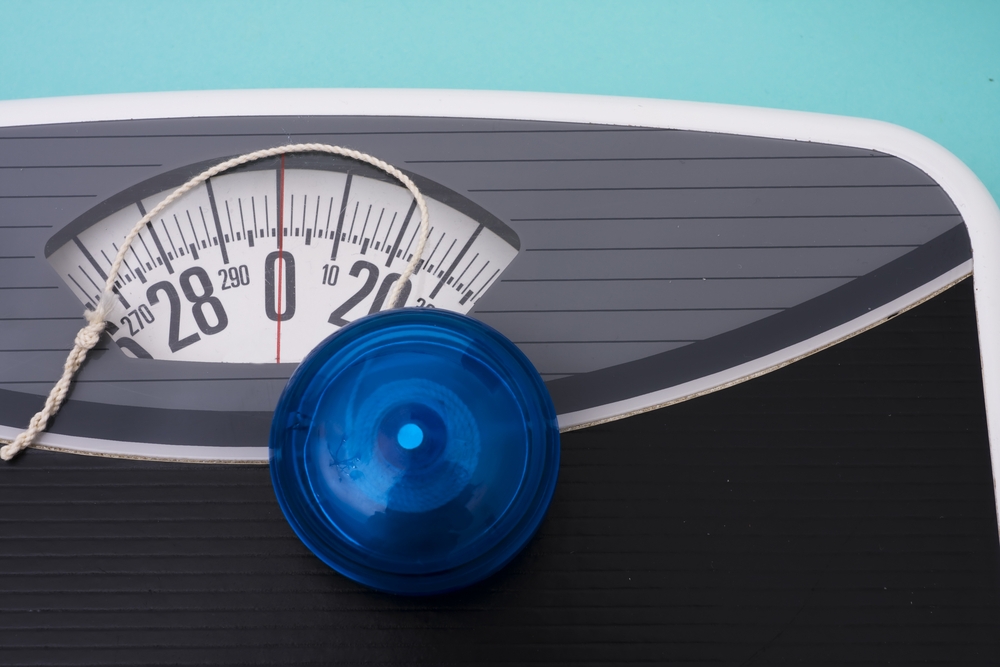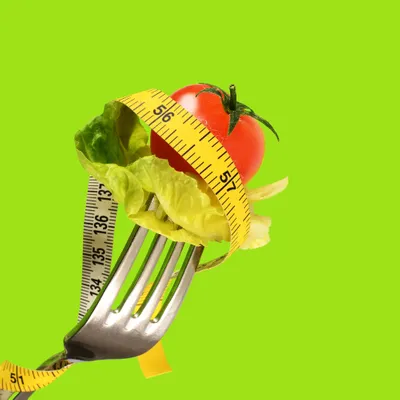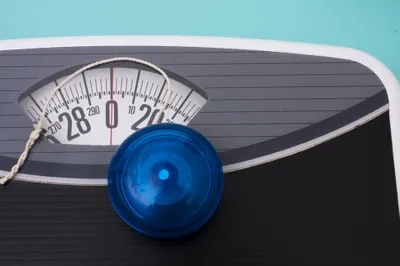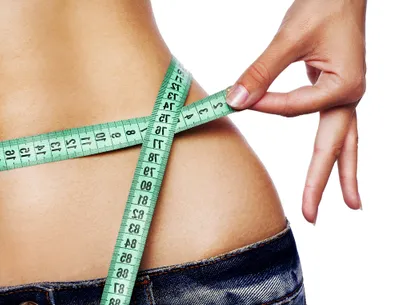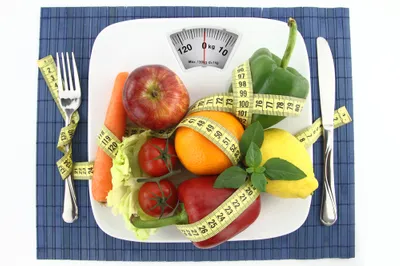We can’t stand in line at the grocery store without seeing the many magazine and tabloid headlines touting the latest miracle diet or superfood. The U.S. diet industry reaps over 40 billion dollars a year and continues to thrive as the North American population loses the battle of the bulge. Interestingly, obesity researchers have clearly stated that successful weight loss must be done slowly while the diet industry exploits the dream of attaining the perfect body in just 8 weeks.
As far as losing those pesky pounds, there appears to be a large gap between what we know and what we do. If strengthening our mental and physical health is at the top of our list it may serve us well to take a few moments and consider the following points…
1. Diets Don’t Work
We have heard this message before so why do we keep on keeping on with the diets? Is it hope? Is it desperation? Whatever it is, it drives the diet industry to invent newer and more ridiculous eating plans while bringing in billions of dollars. In the end, the joke’s on us as we find every pound of lost fat within a year or two.
Diets don’t work for many reasons, but the most important reason lies in the understanding of the biology of weight loss. After celebrating that 20-pound loss, the brain begins working hard to undermine our loss by making food taste better, making us crave certain foods, and making us hungrier so we will reach for whatever it takes to get those pounds back. Yes, the brain plays dirty and holds no punches.
2. Dieting Steals Our Attention
If we could imagine a world without a focus on dieting or our body, how much extra time would we have to pursue other hobbies? Perhaps we could take a night course or work towards a new career. Perhaps we could write that book or take those chances we have only dreamed of but didn’t due to fear. A fear of looking fat or unattractive or fearing what others will think can hold us back from doing what we really want to do.
As early as elementary school, boys and girls may begin to feel negatively about their bodies. This may have an influence on diet and food restriction into adulthood with a continuous focus on fat, food, and body. With such a time consuming pursuit, there is no time for friends, family, and other hobbies that would fuel our spirits and strengthen our self-esteem.
3. Diets Are No Fun
How many times have we felt that pang of anxiety knowing the office potluck is coming up or after receiving that party invitation? What will we eat? Will we end up falling off the wagon? Will we lose our control and go back to old behaviors? These fears are real and they hold us back from attending social events and opportunities to be with others.
The stress is particularly intense if our diet restricts us from eating carbohydrates or any animal product. Dieting not only takes a lot of our time to plan and prepare, but many eating plans do not allow for a social life (at least not one that permits the celebration of food).
4. Diets Lead to Disorders
It’s a fine line between diet and eating disorder. Although the statistics suggest that only 35 percent of dieters morph into anorexia or bulimia, subclinical eating disorders (that is, disorder eating that flies under the radar of diagnosis) are on the rise. From food avoidance and restriction to an unhealthy obsession with healthy eating, diets do have a tendency to play with our heads.
Steven Bratman, MD, author or “Health Food Junkies”, shares many stories of people focusing on food as a holistic way to prevent disease only to fall prey to an obsession with healthy eating. This obsession is referred to as orthorexia and was first identified by Bratman. Orthorexia is a sub-clinical form of disordered eating that may not be diagnosable, but can have a negative impact on our health.
5. Diets Fail to Address the Bigger Picture
Weight gains and losses are never really about the food; our eating habits are secondary compared to what drives them. Stress and emotional eating are usually the culprits behind weight gain (not to mention hormonal shifts that occur with age) and even then we could dig deeper to suggest our emotions and mental health are in the driver’s seat when it comes to eating influences.
To achieve permanent weight loss, an examination of our mental health, is one of the first steps to influencing positive change in the long run. Understanding the connection between our emotions and how they affect our eating habits, will have a greater impact on our weight loss strategy than simply restricting the food.
6. Diets May Be Expensive
The purchase of prepackage foods, potions, and powders in the name of weight loss will only lead to a lighter wallet. The question to always ask before investing time and money into a new diet regime is whether this plan can be implemented for life. If the answer is no, it is best to walk away and find a plan that is sustainable.
In addition, keep in mind, a diet that can only be found in a powder or through a special program may not be the healthiest choice. Although nutritional scientists and diet gurus cannot come to an agreement on what is healthy and what is the answer to weight management, there appears to be two guidelines most can agree on; 1) eat a diet rich in whole, unprocessed, food and 2) limit or eliminate refined sugars.
7. Diets Are Not About Good Nutrition
If a diet is created for the sole purpose of quick and easy weight loss, the chances are good it is not a diet that is dedicated to health. From counting points to elimination of certain fruits and vegetables, there are many diets out there that fail to teach us how to fuel our bodies well.
The point of a healthy diet, full of a variety of vegetables and fruit, is to reduce our risk of chronic diseases such as cancer and heart disease. Sure, we may look good in our jeans if we follow a diet that rules out certain fruits and/or veggies, in the end our risk of chronic disease may increase. Remember, being thin does not equate to being healthy.
8. Dieting Make Us Poor Role Models
Those that grew up in the 1970s and 80s may have watched our mothers enjoy a diet of rice cakes, cantaloupe and cottage cheese in the name of weight loss. Research suggests that those growing up in a household with a fat loss focus can expect a higher rate of dieting and an unhealthy relationship with food and body as adults.
To ensure we are being healthy role models for our kids we must be able to create a balance between the healthy foods and the “fun” foods. Labeling foods as “good” or “bad” may set the stage for further food restriction and avoidance in the long run. Believe it or not, enjoying an ice cream cone with our kids is a great way to promote health and wellbeing.
9. Diets Are Bad For Our Mental Health
The cycle of dieting not only includes the ebbs and flows of fat but can play havoc on our mental health and feelings of overall well-being. Research has not only shown that a deficit in nutrients can have a negative effect on mood and cognition, it has suggested that it can lead to binge eating (resulting in feelings of shame and guilt).
When we place our value on our weight it makes sense that we experience feelings of depression and worthlessness when we pack on the pounds. Although the answers to weight maintenance may lie in self-acceptance and the adoption of a healthy, balanced diet, it is not a sexy one. We may not achieve the body we want this way, but we will achieve a higher level of mental and physical health, which, by the way, may lead to weight loss down the road.
10. Diets (really really) Don’t Work
This point is so important to note, we added it twice. If there was a diet to ensure long term weight loss that was quick, easy, and pain free, we would not see our favorite celebrities struggling with the same issues. Diets don’t work! The sooner we can become comfortable with this idea, the better for our health, our wallets, and our expectations.
The first step to losing fat for good is to get a good idea of what is going on now. Why do we eat? What do we eat? When do we eat? Establishing a pattern of emotional eating or using food to cope with stress is a great way to begin to make change. Go slow with change starting with replacing the stress eating with an activity or healthier snack option. Saying good bye to the pounds for life is harder done than said…but it is possible if we can just say NO to the next diet.
